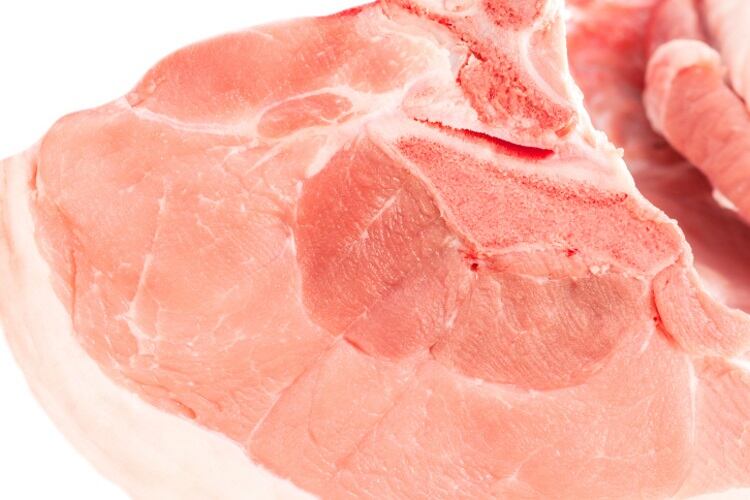The Plant-Based Health Professionals UK campaign, using the #GiveBaconTheBoot hashtag, has suggested that these process meats “cause harm and shorten lives”, and urged that they be banned from UK hospitals, work
It said: “Processed meat causes harm and shortens lives. The NHS spends millions on saving people suffering from cancer, heart disease and type 2 diabetes. Yet, at the same time, they provide patients with foods that contribute to the development of these life-threatening conditions.”
This advice drew the ire of the AHDB who said the group has misunderstood the situation and a 2015 International Agency for Research on Cancer (IARC) report.
AHDB nutritionist Maureen Strong said: “It is worrying that this small group of medical professionals, who people may look to for advice, are suggesting something that it is completely not true.
"At best, they have misunderstood the report. At worst, it seems that they are pushing a lifestyle change which could have a negative effect on the health of some people.”
Strong expressed concern about the group’s ability to interpret the report.
“We should be able to expect our hospitals to respect the importance of the totality of scientific evidence to inform policy decisions. To suggest that the IARC report on processed meat implies that it causes cancer is wrong.
"IARC merely performed a hazard analysis which in no way proves cause and effect. A banana skin on the ground is a hazard but it does not mean that all banana skins can cause accidents and are, therefore, potentially harmful to health. Whilst IARC has placed processed meat in the same hazard analysis category as tobacco smoking and asbestos, WHO does point out that this does not mean they are all equally dangerous.
“It is worth noting that processed meat is in the same hazard analysis category as HRT and contraception pills, both of which are prescribed by doctors and for which there is no suggestion of any change in behaviour.
“NHS administration should take note of this to avoid making ill-informed policy decisions which could mislead the general public.”




